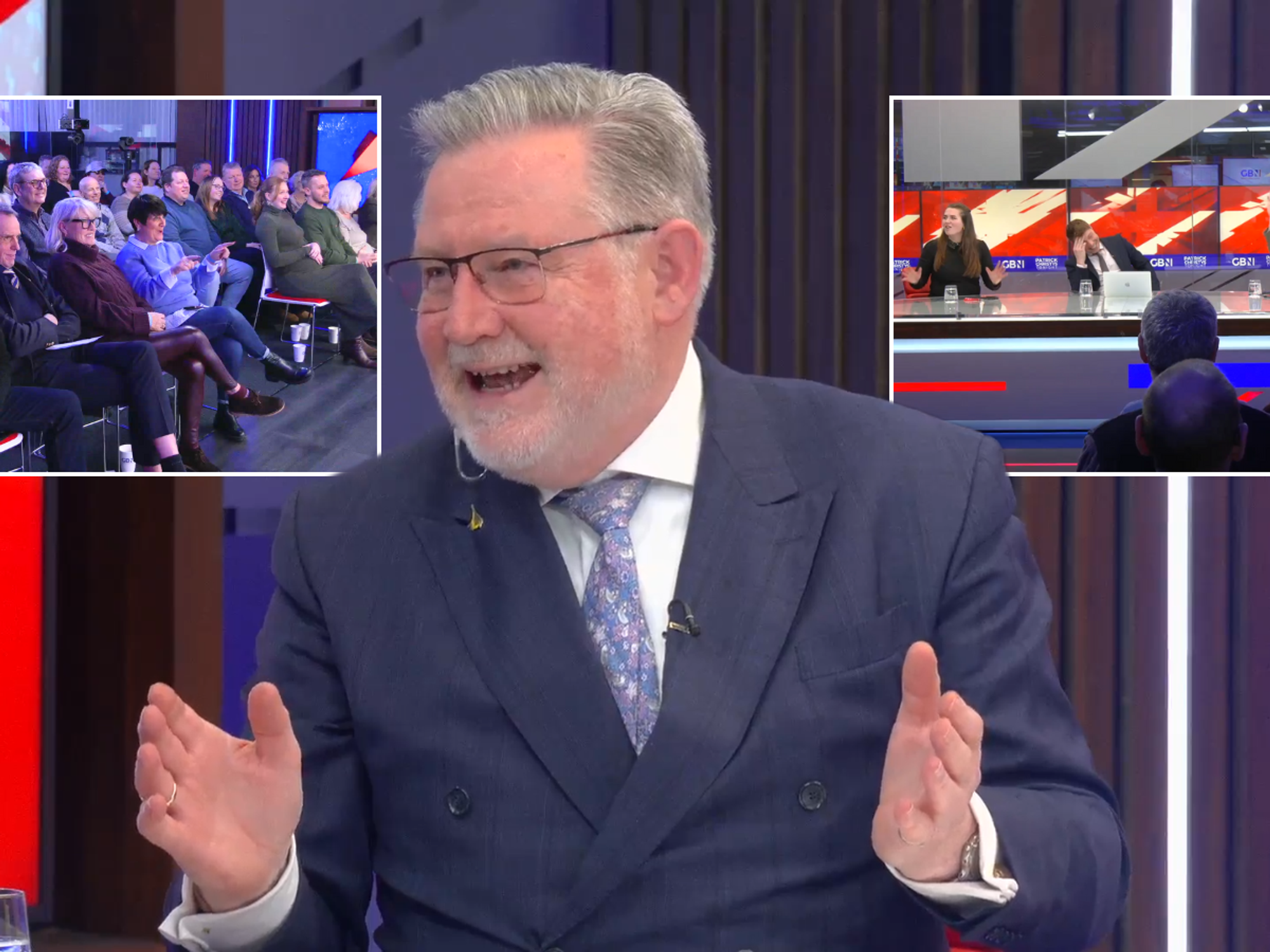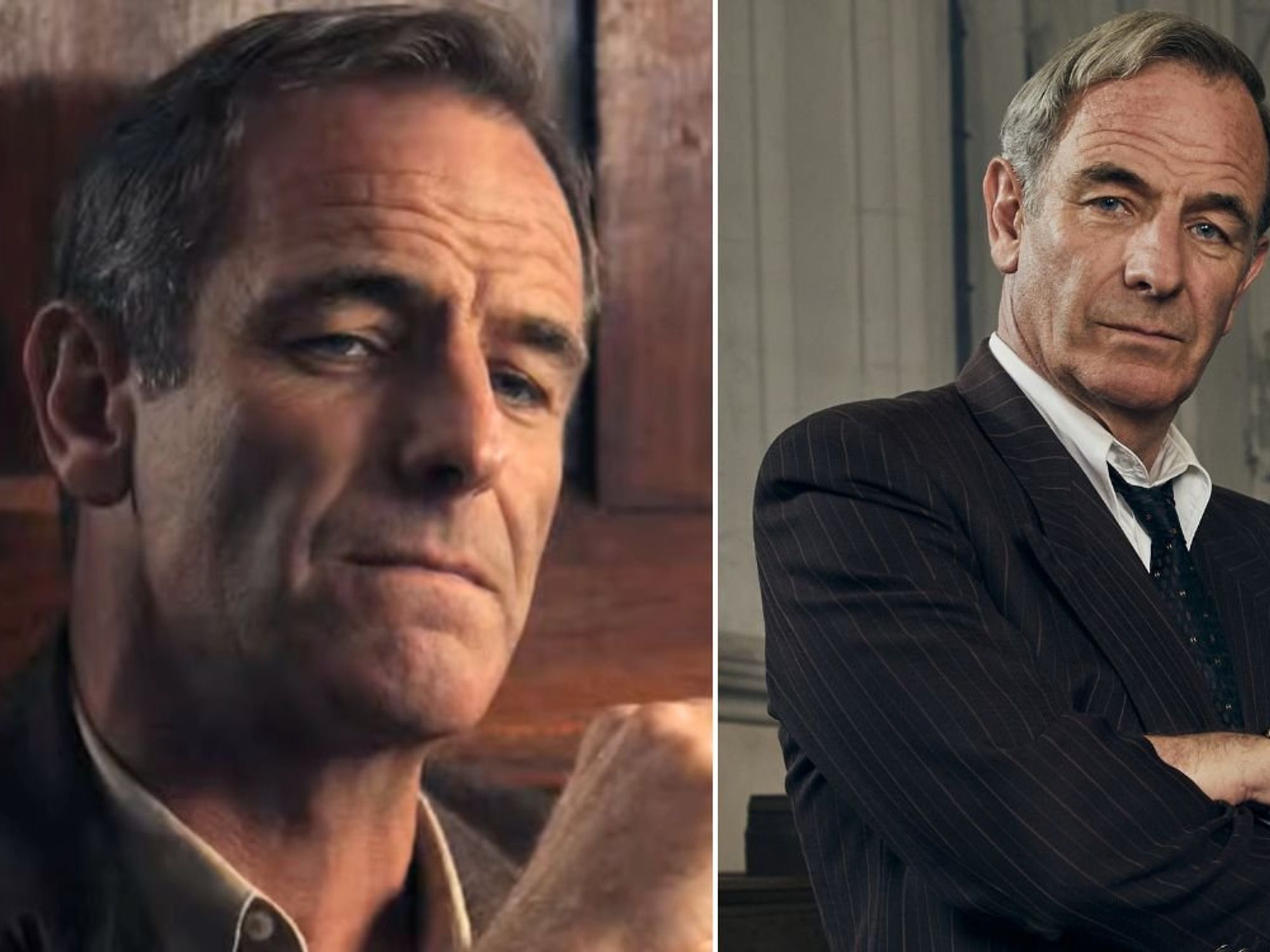Outrage as rail fares rise by almost 5 per cent in January in another sting for commuters

Rail fares will be going up 4.9% in January
|PA

The DfT has set a cap of 4.9% for increases to most fares
Don't Miss
Most Read
Latest
Regulated rail fares in England will rise by nearly 5 per cent in March, the Department for Transport (DfT) said.
The DfT has set a cap of 4.9% for increases to most fares regulated by the Government, which include season tickets on most commuter journeys, some off-peak return tickets on long distance routes and flexible tickets for travel around major cities.
July’s Retail Prices Index measure of inflation, which is traditionally used to determine annual fare rises, was 9.0%.
But the Consumer Prices Index (CPI), which is a more commonly used inflation figure, was 3.9% in November.
The previous cap on increases in regulated fares was 5.9%.
Transport Secretary Mark Harper said: “Having met our target of halving inflation across the economy, this is a significant intervention by the Government to cap the increase in rail fares below last year’s rise.
“Changed working patterns after the pandemic mean that our railways are still losing money and require significant subsidies, so this rise strikes a balance to keep our railways running, while not overburdening passengers.
“We remain committed to supporting the rail sector reform outdated working practices to help put it on a sustainable financial footing.”
Fares will rise on March 3.
A spokesman for watchdog London TravelWatch said: “These new rail fares will see already hard-pressed passengers hit with another unwelcome price hike.
“Reform to rail fares and ticketing could not be more urgent now.
“Government needs to set out an alternative vision that makes public transport appealing – this includes affordable fares, rolling out contactless payment options, and improving train service punctuality so passengers are getting real value-for-money.”
Trades Union Congress general secretary Paul Nowak said: “Today’s excessive hike sums up everything that is wrong with our rail network.
“Ministers are tone deaf to the ongoing cost-of-living crisis that remains a real burden on working people right across the economy.
“UK passengers are already paying the highest fares in Europe in return for late-running, overcrowded and routinely cancelled trains.”
Train operators set unregulated fares, although their decisions are heavily influenced by the Government due to contracts introduced because of the coronavirus pandemic.
Since the railways were privatised in the mid-1990s, regulated fare rises in England were not more than one percentage point above or below RPI until last year.
The DfT said its actions will keep regulated fares more than 9% lower than they would have been if increases matched RPI in the last two years.
The Scottish Government announced on Wednesday that all ScotRail fares will rise by 8.7% from April 1.










